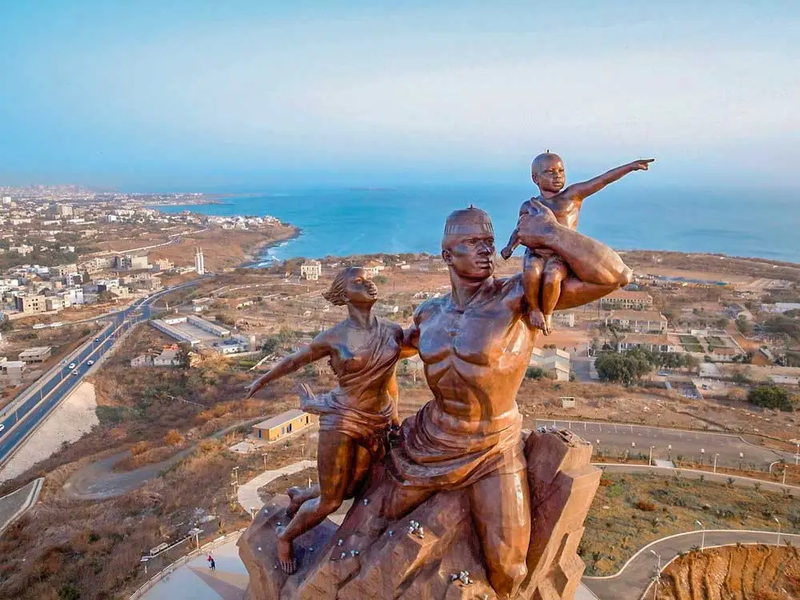In a recent event that has outraged human rights groups and supporters of internet freedom, the Senegalese government has once again resorted to an internet shutdown, plunging the country into digital darkness. This punitive step, apparently adopted to quell dissent and prevent the dissemination of "hateful and subversive messages" on social media, constitutes a major violation of fundamental rights and international standards surrounding freedom of expression and access to information.
The decision to suspend mobile internet services, announced by the Ministry of Communication, Telecommunications, and Digital Economy on February 4, comes amidst escalating political tensions following the postponement of the presidential election scheduled for February 25. Such actions not only stifle the voices of citizens but also undermine the democratic principles upon which Senegal prides itself.
Leading human rights organizations and advocates for internet freedom and media freedom have joined forces to denounce this egregious violation of rights. Among the signatories are prominent figures such as Ibrahima Lissa FAYE from PressAfrik, ARTICLE 19 Senegal and West Africa, and representatives from organizations such as Jonction, Polaris Asso, and DigiCivic Initiative (DI).
One of the most alarming aspects of this situation is the lack of a legitimate legal basis for the internet shutdown. The Ministry's statement fails to provide adequate justification for such a drastic measure, relying instead on vague assertions of apprehension. This arbitrary use of power sets a dangerous precedent and undermines the rule of law in Senegal.
Furthermore, the economic repercussions of internet shutdowns cannot be ignored. In a country as connected as Senegal, where internet access is vital for economic development, social progress, innovation, education, health, and digital inclusion, the financial losses incurred during each day of shutdown are significant. Estimates suggest that a single day without internet access could result in losses amounting to millions of CFA francs, underscoring the detrimental impact on businesses and livelihoods.
This is not the first time that Senegal has experienced such restrictions on internet freedom. Previous shutdowns in March 2021, June 2023, and July 2023 have already cast a shadow over the nation's commitment to upholding human rights and democratic values. The repeated imposition of internet shutdowns reflects a disturbing trend of authoritarianism and disregard for civil liberties.
In light of these developments, it is imperative that the Senegalese government immediately rescind the internet shutdown, restore access to information, and uphold freedom of expression both online and offline. The international community must also stand in solidarity with the people of Senegal and condemn these repressive measures in the strongest terms possible.
As defenders of human rights, we cannot remain silent in the face of such blatant violations. We call upon the Senegalese authorities to respect their obligations under international law, including the African Charter on Human and Peoples’ Rights and the International Covenant on Civil and Political Rights, and to refrain from using internet shutdowns as a tool to suppress dissent and control the flow of information.
Senegal's internet blackout is blatantly offensive to human rights and democracy. The government has a responsibility to protect the fundamental rights to free speech and information access, as well as to make sure that these rights are not violated in the future. People's rights must be upheld and their views must be heard. Anything less would be a betrayal of Senegal's purportedly moral principles.


